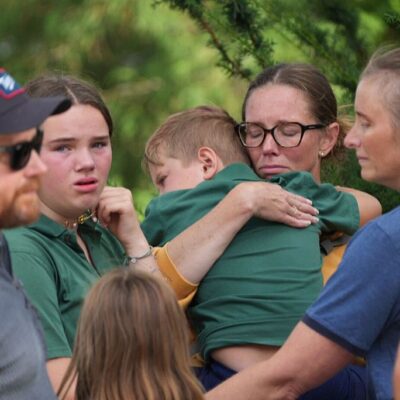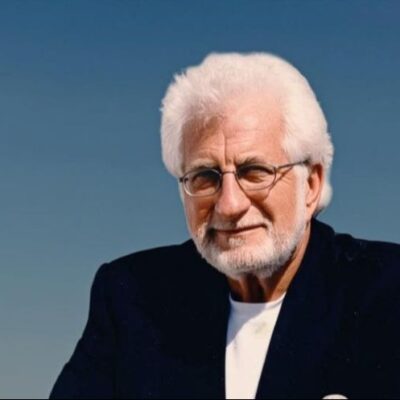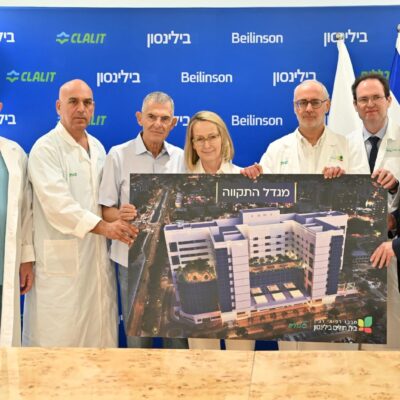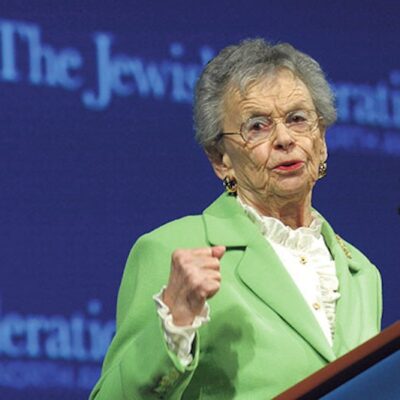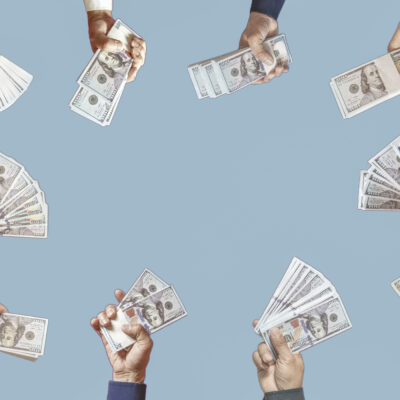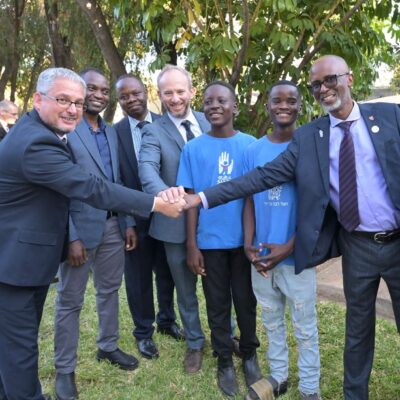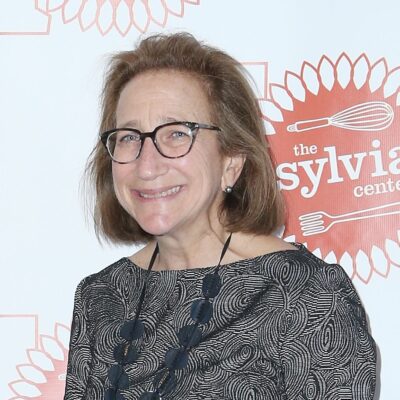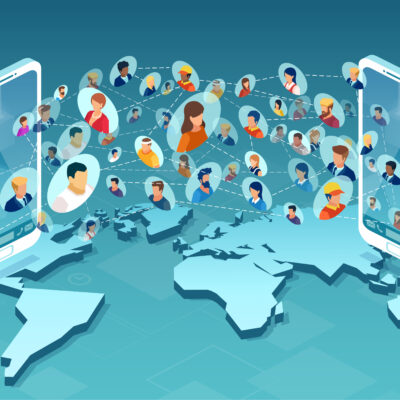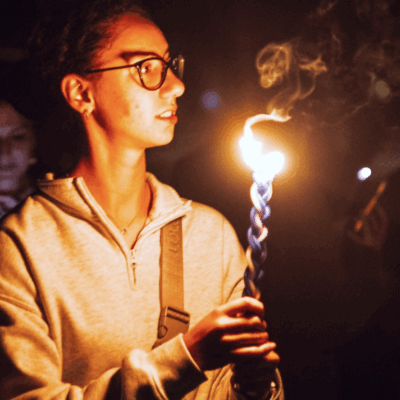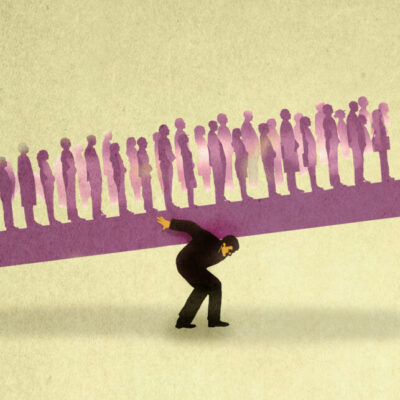Opinion
NEW MEANINGS
What ‘the Yoms’ teach us about national resilience
Each spring, Israel marks the Yoms, a trio of national commemorations that arrive in quick succession: Yom HaShoah (Holocaust Remembrance Day), Yom HaZikaron (Memorial Day) and Yom HaAtzmaut (Independence Day). Falling within a single week, these days are as connected in time as they are in the story of Israel itself.
For the second year in a row, we enter this season with the trauma of Oct. 7 still fresh and the ongoing captivity of Israeli hostages shaping our national psyche.

Shutterstock
As always, Yom HaShoah is a chance to commemorate part of our collective identity — not only a day of remembrance but also one of reflection, of learning and of a continuous commitment that such horrors must never happen again.
It is also a chance to remember that we are a resilient people. From the ashes of the Holocaust, the Jewish people rebuilt their lives, established a thriving state and transformed painful memory into a driving force for creativity, innovation and achievement across all areas of life. Oct. 7 has not changed that.
A recent study of Holocaust survivors by Ruth Maytles, a professor at Jerusalem Multidisciplinary College, where I serve as president, found that Holocaust survivors with higher rates of PTSD have experienced increased depression and anxiety over the last 18 months. However, Maytles’ study also found there were no group differences in hope, activity engagement and community resilience. This should serve as an inspiration to all of us, wherever we stand with our grief.
I have seen similar resilience in our students and staff, who have stepped up to establish emergency clinics and implement trauma-informed care. And we were just one part of a larger national story defined by resilience through service.
But service comes at a cost, which we commemorate through Yom HaZikaron. Thousands of families across Israel are mourning loved ones or tending to the wounded. That collective pain has exposed another hard truth: Israel faces a severe shortage of rehabilitation professionals.
More than 13,500 IDF soldiers have been physically or psychologically wounded since Oct. 7, yet the workforce needed to care for them is already stretched thin. Those of us in education and healthcare must help close that gap.
That need for care — for those who returned and those still serving — is where Yom HaAtzmaut begins to take on new meaning. This year, it feels both like a celebration of our nation and a reminder of what still needs to be safeguarded.
The mobilization of 400 students from our campus reflects a broader national call to service. Many have returned; others remain on the front lines. Some are completing clinical rotations while still on active duty — offering care while carrying the weight of war. One of our optometry students, Mika Oz, has served more than 250 days as a paramedic in Gaza while keeping up with her studies.
Her resilience mirrors the strength we see throughout Israeli society. But it also underscores how much support is needed — now and in the years to come. The demand for mental health and rehabilitation care is only growing, and we must train and support a new generation to meet that need.
The road ahead for Israel will not be easy. The grief is still fresh. The divisions are real. But the Yoms remind us that even in the most difficult moments, we are not without direction.
For my institution, that means expanding access to education and preparing students to serve where they are most needed. Our campus brings together Jews and Arabs, Haredim and secular Israelis, settlers and students from East Jerusalem. They learn together, work together and — especially this past year — have served together.
That spirit is not limited to one institution. It reflects something deeper across Israel: a shared commitment to respond, to rebuild and to move forward, together.
As we move through this season of remembrance, I invite you to reflect on how each of us can contribute — through service, care or teaching — to the rebuilding still ahead.
Ariela Gordon-Shaag is the president of Jerusalem Multidisciplinary College, where she has also served as the chair of the department of optometry.

